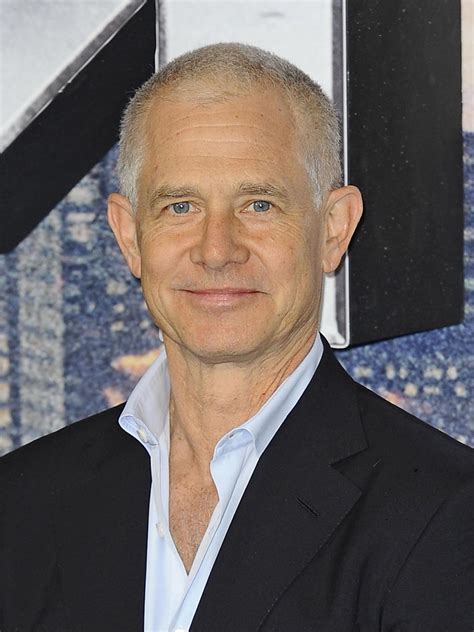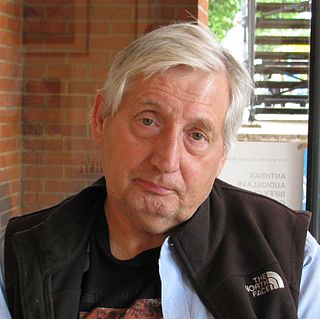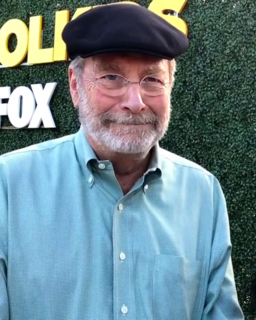A Quote by J. R. R. Tolkien
Every writer making a secondary world wishes in some measure to be a real maker, or hopes that he is drawing on reality: hopes that the peculiar quality of this secondary world (if not all the details) are derived from Reality, or are flowing into it.
Related Quotes
What really happens is that the story-maker proves a successful 'sub-creator'. He makes a Secondary World which your mind can enter. Inside it, what he relates is 'true': it accords with the laws of that world. You therefore believe it, while you are, as it were, inside. The moment disbelief arises, the spell is broken; the magic, or rather art, has failed. You are then out in the Primary World again, looking at the little abortive Secondary World from outside.
It can be demonstrated that the child's contact with the real world is strengthened by his periodic excursions into fantasy. It becomes easier to tolerate the frustrations of the real world and to accede to the demands of reality if one can restore himself at intervals in a world where the deepest wishes can achieve imaginary gratification.
We were brought up in a world which was based on Aristotle. Science-wise and everything, that's really quite exciting and you learn a lot. There was one problem: there were parallel realities. And in a parallel reality, there's always one reality that's the prime and the second is always a secondary. And everything's a reflection of something else.
In the past we have always assumed that the external world around us has represented reality, however confusing or uncertain, and that the inner world of our minds, its dreams, hopes, ambitions, represented the realm of fantasy, and the imagination. These roles, it seems to me, have been reversed. The most prudent and effective method of dealing with the world around us is to assume that it is a complete fiction - conversely, the one small node of reality left to us is inside of our own heads.
As every writer knows... there is something mysterious about the writer's ability, on any given day, to write. When the juices are flowing, or the writer is 'hot', an invisible wall seems to fall away, and the writer moves easily and surely from one kind of reality to another... Every writer has experienced at least moments of this strange, magical state. Reading student fiction one can spot at once where the power turns on and where it turns off, where the writer writes from 'inspiration' or deep, flowing vision, and where he had to struggle along on mere intellect.
Every call to worship is a call into the Real World.... I encounter such constant and widespread lying about reality each day and meet with such skilled and systematic distortion of the truth that I'm always in danger of losing my grip on reality. The reality, of course, is that God is sovereign and Christ is savior. The reality is that prayer is my mother tongue and the eucharist my basic food. The reality is that baptism, not Myers-Briggs, defines who I am.
As I have already said, the belief that one's own view of reality is the only reality is the most dangerous or all delusions. It becomes still more dangerous if it is coupled with the missionary zeal to enlighten the rest of the world, whether the rest of the world wishes to be enlightened or not. To refuse to embrace wholeheartedly a particular definition of reality, to dare to see the world differently can become a "think crime" in a truly Orwellian sense as we get steadily closer to 1984.




































